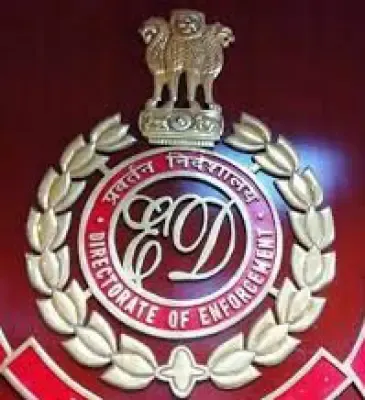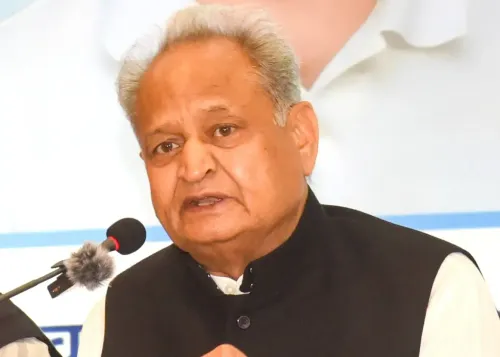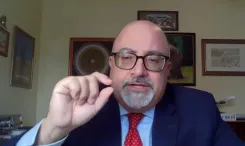Is a Former EPFO Enforcement Officer Under Investigation for Asset Misappropriation?

Synopsis
Key Takeaways
- Immovable assets worth Rs 50.80 lakh attached.
- Investigation initiated under the PMLA.
- Allegations involve disproportionate asset acquisition.
- Corruption within government institutions is under scrutiny.
- Further investigations are ongoing to uncover potential collaborators.
Bhopal, July 9 (NationPress) The Enforcement Directorate's (ED) Bhopal Zonal Office has provisionally attached immovable assets amounting to Rs 50.80 lakh in a money laundering investigation involving Shyamlal Akhand, a former Enforcement Officer of the Employees' Provident Fund Organisation (EPFO), as stated by ED officials on Wednesday.
This action is in accordance with the Prevention of Money Laundering Act (PMLA), 2002, triggered by grave allegations regarding the accumulation of disproportionate assets.
Sources reveal that the seized properties comprise agricultural land located in Nalwa village of Ujjain district, jointly owned by Akhand's wife and son, as well as a residential plot in Emerald City in Jakhya village of Indore district, registered solely in Akhand's name, according to an official statement.
Investigations indicate that Akhand allegedly exploited his position from 2009 to 2019 to generate wealth significantly exceeding his legitimate income sources.
The ED alleges that he participated in corrupt activities such as accepting bribes and subsequently invested the illicit funds into immovable properties.
To substantiate his financial situation, Akhand reportedly claimed income from his salary, rent, agriculture, and his wife's embroidery and stitching business—yet he failed to provide credible documentation for the latter.
Additionally, unusual cash deposits were identified in various family bank accounts, as per the statement.
The investigation commenced following two FIRs filed by the CBI's Anti-Corruption Branch in Bhopal—one related to bribery and another associated with unaccounted assets.
This initiative signifies a crucial step in combating corruption within government entities.
Officials maintain that further investigations are ongoing to reveal the full scope of Akhand's alleged illicit activities and to identify possible accomplices.
As developments unfold, attention remains focused on internal accountability and the rigorous enforcement of financial integrity within India's public sector.
Further updates will follow as new information surfaces from the ongoing inquiry.










